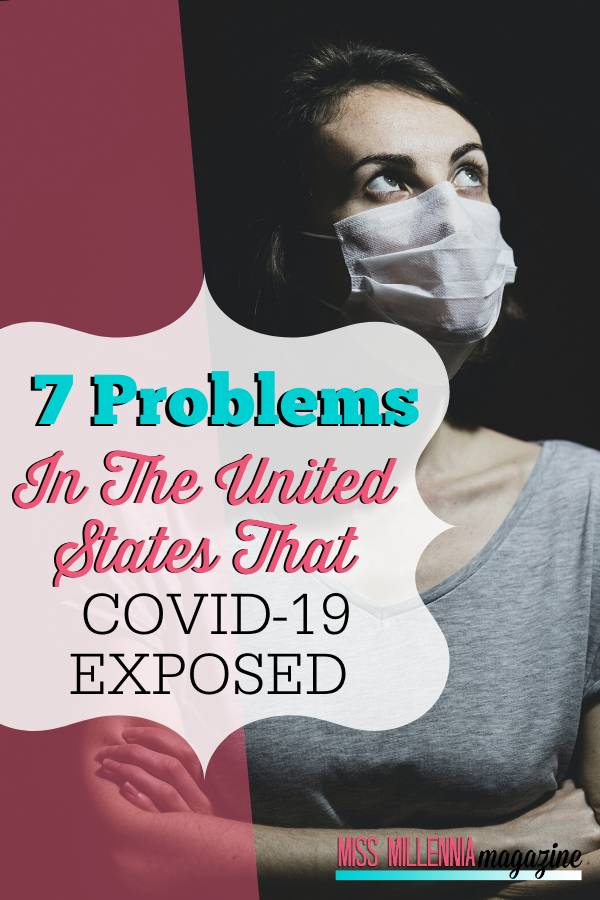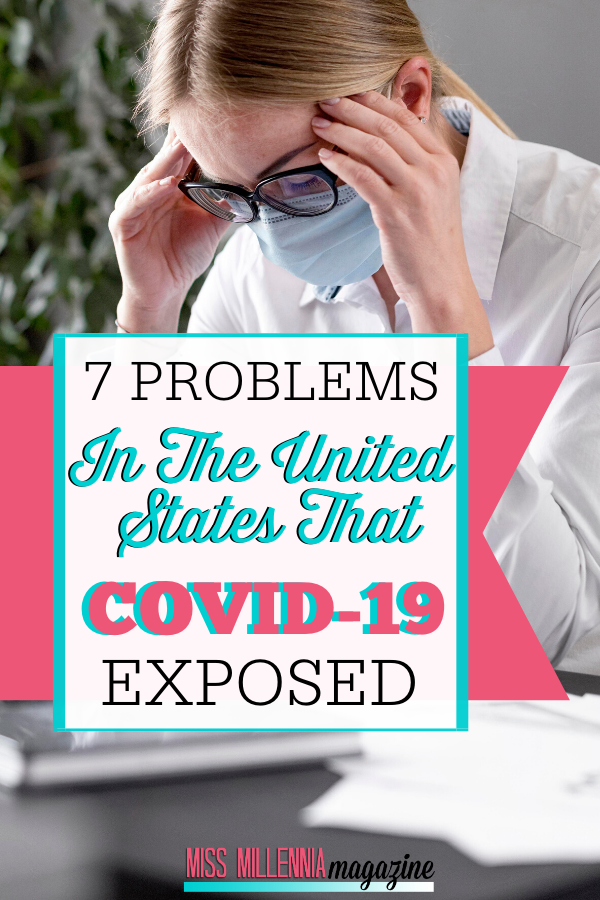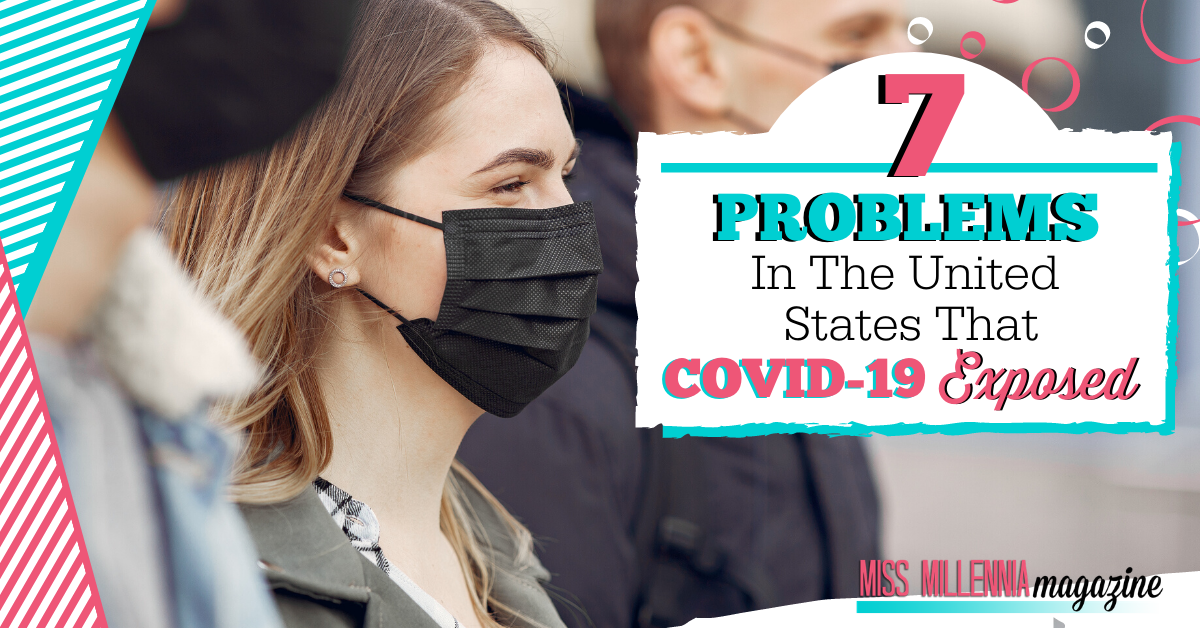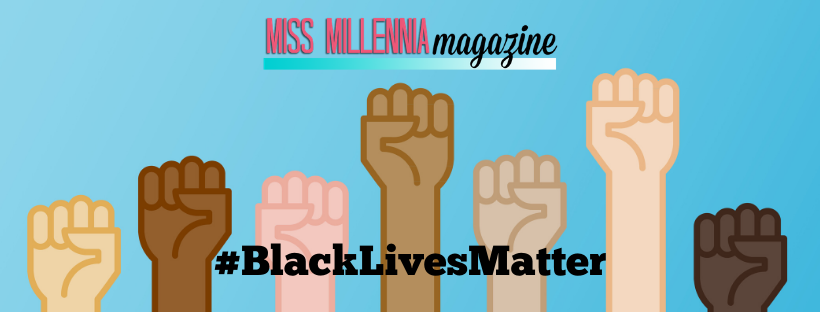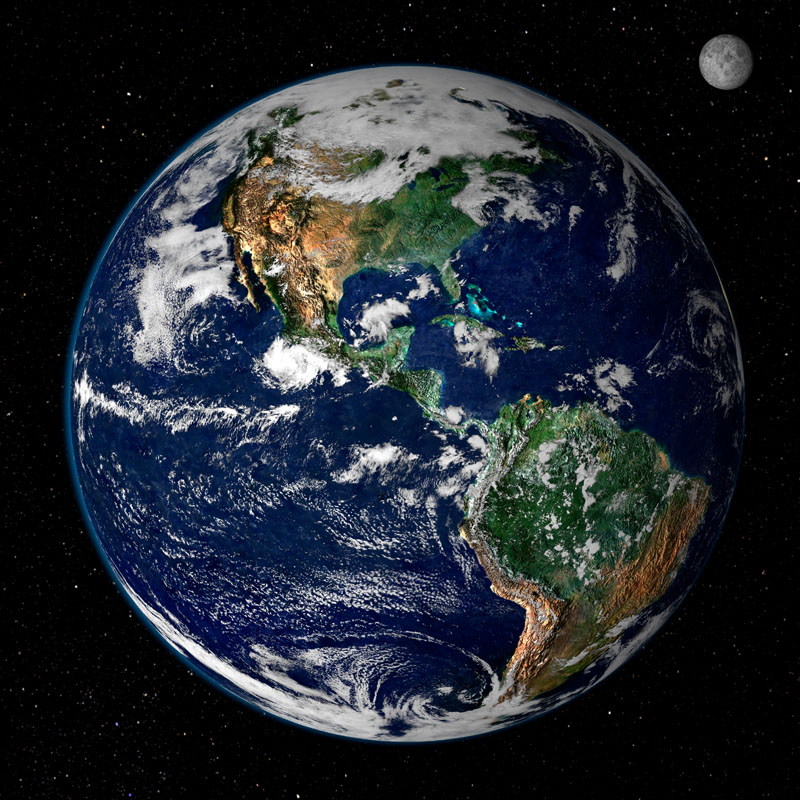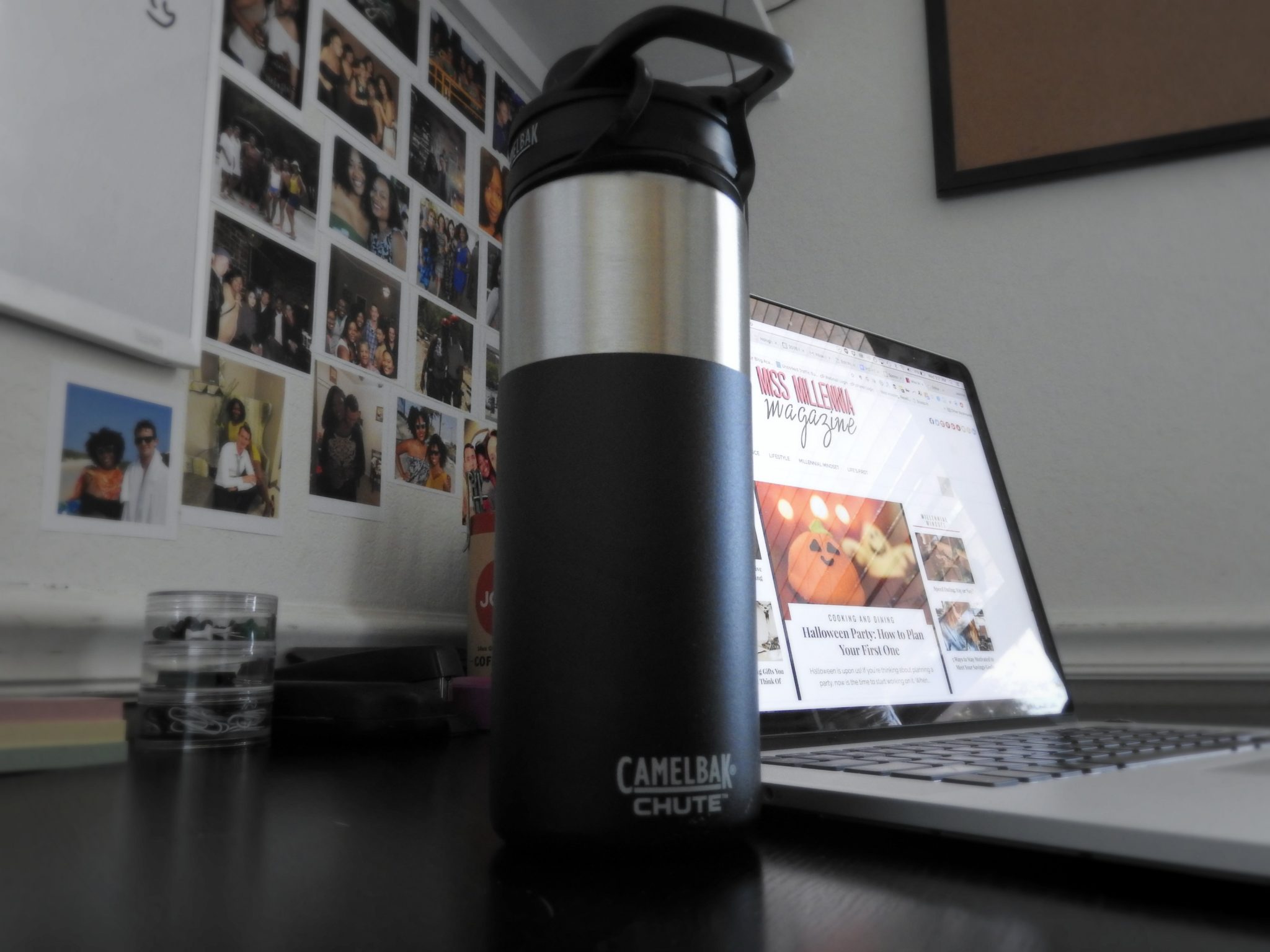7 Problems In The United States That COVID-19 Exposed
The coronavirus pandemic has dominated American life in the year 2020. While it is not unique to North America, the United States has proven to be uniquely incapable of dealing with this public health crisis. In fact, there are many problems in the United States that COVID-19 has exposed and, in many cases, worsened. In this article, I will discuss seven of these key areas of American society that the virus has exposed as preexisting issues.
These include, but are not limited to:
- The inefficiency of the US healthcare system
- The systemic forms of racial injustice that have historically characterized the country
- Housing inequality and its intersection with incarceration
- Inequality in the education system
- Modern challenges to American exceptionalism
- Government and public responses, or lack thereof, to the climate crisis
- The cementation of political division along the lines of the US liberal/conservative dichotomy
1. The Healthcare System
One of the problems in the United States made abundantly clear by COVID-19 is the inadequacy of our healthcare system. The nation’s doctors and nurses were woefully unequipped, bereft of appropriate federal assistance, and overloaded with patients. As a result, countless patients are not receiving the care they need while national death tolls climb to numbers exceeding total US deaths in the first World War.
Prior to the crisis, one of the country’s greatest national debates amongst Democrats was the implementation of universal, federally-funded healthcare for all citizens—an idea branded as socialist despite its prevalence in capitalistic European nations. If there is one thing to be learned from the virus, it is that not nearly enough Americans have access to the healthcare they direly need. Whether this will bolster public demand for Medicare For All, or have the opposite effect and lead to xenophobic scapegoating, we have yet to discover.
Mental health care is another noticeably absent necessity as countless people are suffering from the emotional burdens of isolation. Furthermore, those grieving the deaths of loved ones lost due to COVID are predominantly people of color, particularly Black Americans, who are also fighting another disease in American life.
2. Systemic Racism
Racial injustice is currently rivaling coronavirus as the greatest US crisis of 2020. First of all, those who are dying from the virus are disproportionately BIPOC. This is undoubtedly linked to a lack of adequate healthcare and a racist medical system—the same system in which maternal fatalities amongst Black women are shockingly higher than white women.
The murders of George Floyd, Breonna Taylor, and too many other Black people by police in 2020 spurned a national outcry against a long history of police brutality. The needless death of Black Americans due to police and gun violence—including violence towards Black Transgender Americans in particular—has caused the public to seriously question the roles of police and prisons in a supposedly civilized society.
Demands to defund and demilitarize police departments and invest in marginalized communities (in order to prevent crime rather than brutally punishing it) have been hand ignored by much of the political establishment. Most politicians characterize these asks as unrealistic goals bourne out of radical mass mobilization. However, the protests and fervor from people of all races have sparked hope for a serious change in the face of cyclical, unending violence.
3. Housing Inequality
Yet another issue in America revealed by the crisis is the lack of access to housing for too many Americans. The urban, unhoused population has been left completely vulnerable to a virus impossible for them to socially distance from. The inability for tenants to pay rent after losing their jobs and livelihoods to the pandemic has caused a wave of evictions and rent strikes, potentially leading to a mass epidemic of homelessness.
Despite the efforts of many nonprofits and social service providers, the situation for unhoused individuals is bleak. Many of them must suffer from violent interactions with police officers, untreated mental health challenges, subsequent drug addiction, and incarceration. The privatized US prison system is particularly cruel, racially-biased, and inescapable once facing incarceration. Many prisoners do not even have access to soap, making prisons a top COVID-19 hotspot.
If federal aid is not granted to homeless services, and a bailout not issued for unemployed renters, another crisis may await after the pandemic.
4. Education Inequity
Then comes the issue of the education system. Not all public schools are made equal due to disproportionate funding. Additionally, many students do not have internet access because of poverty or a scarcity of broadband coverage in certain areas. This means they cannot even go on Zoom calls with their teachers.
5. American Exceptionalism
National failure to deal with a public health crisis in a fast, competent, or even remotely sane way has meant the US has taken a blow in terms of domestic and international notions of exceptionalism. Amongst non-conservative young people, the state of the nation is not only embarrassing but also deeply saddening. This feeling is fostering a new generation of despondent individuals who identify themselves as “Doomers.”
6. Climate Change
Coronavirus is not the only crisis we are dealing with—the climate crisis is still raging on as the Arctic records its hottest summer to date. Many have pointed out that ideal solutions to the virus—swift and purposeful federal action and public cooperation—are like those for climate change. If we can pull it off, the virus has shown us an image of what humanity can achieve: the return of threatened animal life, blue skies in Delhi, and a healing, healthier planet.
7. Political Division
Public health has bizarrely become a partisan issue, with many conservatives refusing to wear face masks. The President is playing on the populist movement that has been growing steadily since the days of the Vietnam War—a unified white middle and working-class resistance to a supposed scientific, snobbish liberal elite—by suggesting that public health officials are lying to the public and proper public health protocol is unnecessary.
Can we reach a level of rationality through reasoning and empathizing with people protesting mask-wearing? Scholars remain divided.
In conclusion, there are many problems in the United States that COVID-19 has further exposed. Hopefully, this experience will make it abundantly clear to the American people the need to elect competent people into office. Or to protest and possibly start a revolution in order for the country to collectively collect itself, think critically for a moment, and get to work. There are more than a few desperate issues here in need of fixing. I think I will go do that too now.
About the Author:
Miriam Awan will soon be a junior at Cresenta Valley High School in Los Angeles, and she plans to study environmental engineering. She loves to draw, play cello, read, and write poetry while cooking with her mom and little sister.

